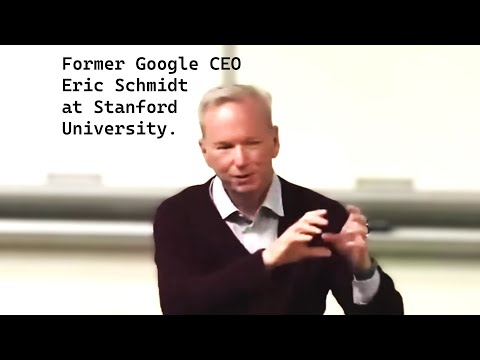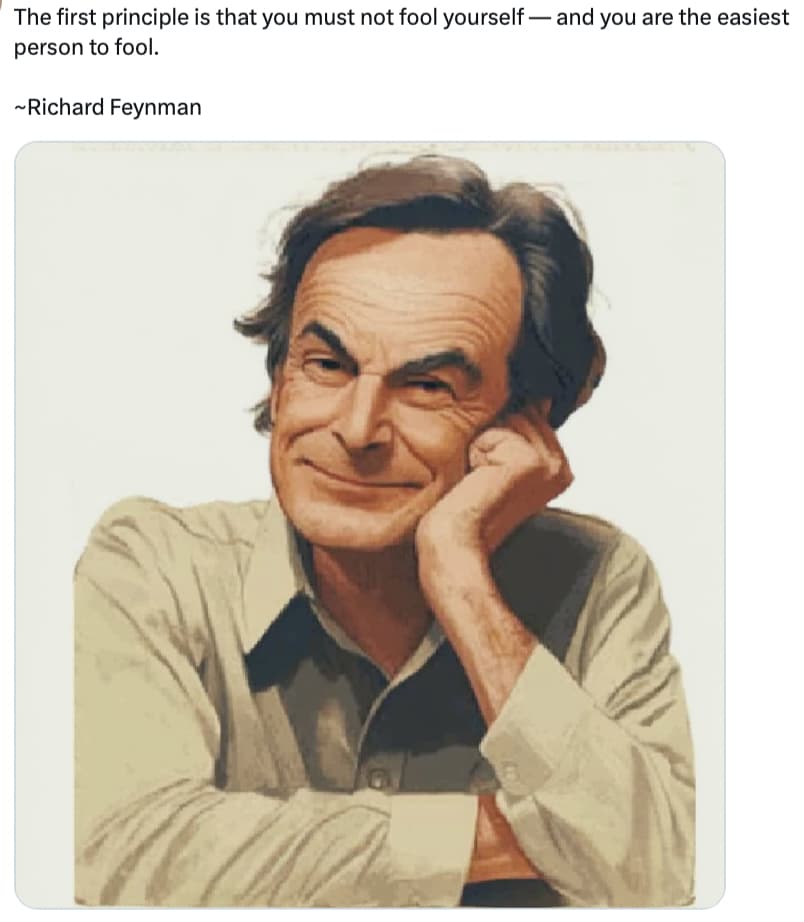Quotes from the transcript:
"I think we have a mess here.
And the country’s going to have to learn critical thinking.
That may be an impossible challenge for the U.S.
But the fact that somebody told you something does not mean that it’s true."
“Look, I think we have a trust problem in our society.
Democracies can fail.”
“The dangerous jobs and the jobs which require very little human judgment will get replaced.”
And especially for @adssx about regulated capitalism and the role of governments.
One of the questions I want to ask is in relation to regulation, if the goal is to maintain supremacy, how do you create the right incentives so that everyone, allies and non-allies, are motivated to follow it?
You mean among companies that are competing with each other?
Companies are in countries, the U.S.
and the EU, and it doesn’t just become sort of a hamper or obstruct kind of development for the ones that choose to follow the regulations?
It’s super tricky.
There’s a book, Co-Opetition, that Mary Nailbough wrote about this, because there are definitely places where regulation can help companies and help an industry survive.
So regulation doesn’t necessarily slow things.
I mean, standards are a good example, and having that clarified can make it easier for companies to compete.
So I’ve talked to a lot of the executives of these companies, and there are places where they wish there were some common standards, and sometimes there’s a bit of a race to the bottom as well on some of the dangerous things.
One of the other reasons that the folks at Google say that they didn’t move as fast is they felt like these LMs could be misused or dangerous, but their hand was sort of forced.
I was talking to some folks at one of the other big companies, and they said, “We weren’t going to release this feature, but now competitors are doing it, so we’re going to have to release it as well.” So this is where regulation, there might be some interest in coordinating on regulation, but it’s also, obviously, the more obvious thing is that it is used to hinder competition, and a lot of people, for instance, think that the reasons that some of the big companies are very opposed to some of the open source and making things more widely open source is they want to slow down competitors.
So there’s both of those things going on.
And this is maybe obvious but very interesting.
On the other hand, chess, that slide, the slide before it, I talked about what’s sometimes called advanced chess or freestyle chess.
When Gary Kasparov, after he lost to Deep Blue in 1998, '97, he started this set of competitions where humans and machines could work together.
And for a long time, when I gave my TED talk, it was true, my TED talk in 2012, 2013, it was true at that time that a human working with a machine could beat Deep Blue or any chess computer.
And so the very best chess playing entities were these combinations.
That’s not true anymore.
AlphaZero and other programs like that, they would get nothing from a human contributing, just be like kind of an annoyance to the chess machine.
So that went through level zero, machines not being able to do anything, through a period where they work together to a period where it’s fully autonomous in a span of 20 years or so.
It would be interesting if anybody wants to work on a research project or if any of you guys have thoughts right now, what are the criteria for which kinds of tasks in the economy will be in that middle zone?
Because that middle zone is kind of a nice one for us humans where the machines are helping us, but humans are still indispensable to creating value and that would be, that’s a zone where you can have higher productivity, more wealth and performance, but also more likely to have shared prosperity because labor is sort of inherently distributed, whereas technology and capital, as Eric was just saying, potentially could be very concentrated.
Lotta good stuff in there…but I gotta quit quoting. Great section near the end comparing the invention of AI to the invention of electricity and the impact that it will have over time.

